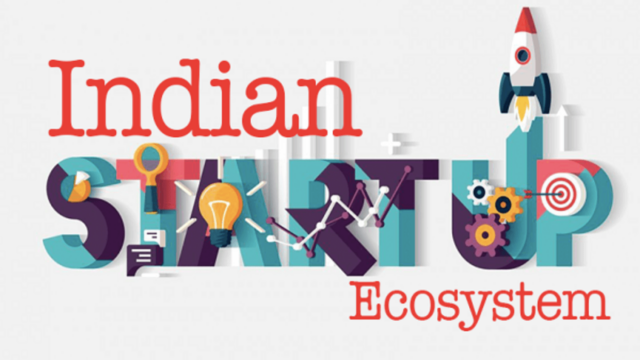Last month, Parag Agrawal’s appointment as Twitter’s CEO made headlines. And why shouldn’t it? Indian bagging the highest position at a global social media giant is a pretty big deal. And it’s not just Parag Agrawal. The list of Indians at good positions in American companies is quite long.

And here we are only talking about those Indians who become CXOs of those companies. We are not taking into account those people who work at lower positions, but are just as valuable and indispensable.
While it is a celebratory cause as it promotes Indian talent globally and gives our youth an opportunity to do well for themselves, it is also a cause of worry as our talent goes out. Someone who could help in the development of India now helps in the advancement of some other country. This phenomenon is commonly called brain drain.
Thankfully for us, this may slow down in the future as corporate America’s pipeline of Indian talent dries up.
The Shift In Trend
It is true that America thrives on foreign talent, including Indian talent. So, it could be facing a major challenge now that it may face its shortage in the coming time.
When we say that the pipeline may be running dry, it doesn’t mean that there’s any lack of opportunity in India to go abroad but it means that there are far more opportunities in India than ever before.
Those Indians whose names we hear making it big in the States are the ones who left the country in the 80s. That was not a particularly good decade for the Indian economy and business ecosystem with multiple government restrictions and salary caps.
Going abroad was the most viable option for them. And it also became much easier to make it big in the USA post the 1990s. So those people who went abroad anytime in and after the mid-80s had an abundance of opportunities.
The same could not be said for those Indians who went to the States in the 70s as at that time, there were limited opportunities for career growth. The industry there still saw a cis white man as the alpha, suitable to lead and manage an organization. The trend changed over the turn of the century when more and more ethnically diverse people saw themselves in the lead positions of big organizations.
Read More: Watch: Indian CEOs In Leading Global Companies
India’s Business Landscape Changing
Today, there is a clear paradigm shift in the business landscape of India. Unlike earlier, there is no upper limit on how much a CXO can earn. Thus, they can earn just as much as their counterpart anywhere else in the world (keeping purchasing power parity in mind).
This means that they can make it big from their home country itself. Many tier-1 college graduates, who probably would have chosen to go abroad after studies earlier, are now choosing to stay here and build their own companies in a startup-enabled Indian ecosystem.

Today, we have several examples of young people who chose to stay here and progress their careers. Many of them may have education or some work experience in the States but the fact that they eventually came back to India to do business here is a good sign.
Reverse Brain Drain
The pandemic accelerated what is known as the phenomenon of reverse brain drain. The talent is shifting back to India from the US. Indian corporates are taking advantage of this opportunity.
Ixigo, for example, was quick to invite job applications from Indians who could not secure an H-1B visa. Zomato’s product head Rahul Ganjoo also reached out to this target audience on social media.
The pandemic has highlighted that the USA is not the lone global superpower anymore. India is progressing at a great scale and may soon enough beat the USA. Especially now that the Indian talent is choosing its country over the States.
Sources: Money Control, Rediff, Business World
Image Source: Google Images
Find The Blogger: @TinaGarg18
This post is tagged under: parag agrawal, twitter CEO, microsoft ceo, google CEO, sundar pichai, satya nadela, micron CEO, leena nair, chanel CEO, indian techies, indian talent, brain drain, corporate America, silicon valley, IIT grads, talented indians, reverse brain drain, startup, business, economy, business ecosystem, changing landscape of business, Indian CXOs, opportunities, career

































